Jens feels Trump winning the presidential election could be the beginning of the end for E-mobility in US
Jens feels that anything is possible in post-elections USA… Caught cold! The result of the US Presidential election came as a huge surprise to the
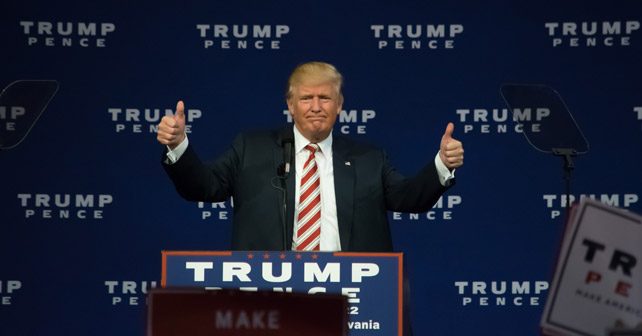
Jens feels that anything is possible in post-elections USA…
Caught cold! The result of the US Presidential election came as a huge surprise to the mainstream media, and its consumers. This was the topic that surrounded the recently concluded Los Angeles auto show.
Prior to the elections – which the industry firmly believed would be won by Hillary Clinton – the way forward for the auto industry was laid out in mostly unambiguous terms. The scandal-ridden Environmental Protection Agency (EPA) had seized upon the VW diesel scandal, fully intent on milking it to build up its position of power to the extreme.
Of course, it’s way too early to write off diesel. Mazda and Chevrolet, as well as Jaguar and Land Rover, now offer oil-burners in the US market, and the numbers at BMW and Mercedes-Benz are impressive. But VW, Audi and Porsche are unable to offer a single one. And a VW Director actually tells me that “we may never see a VW diesel in the US again.” No wonder a competing engineering executive claims that “the US agencies simply don’t like diesels,” though he’s at a loss to explain exactly why.
After Trump takes over in late January, it’s quite possible that the preferences of the EPA will play a much smaller role than before. There are no detailed plans yet, but it’s likely that the EPA will be thoroughly reorganised – perhaps even dismantled. And it’s doubtful that Trump’s team will share the previous government’s enthusiasm for E-mobility.
That, of course, would be bad news for Elon Musk – whose Tesla cars are parked around every street corner in California. It’s possible that the new administration will scrutinise the massive subsidies collected by Tesla for supposedly working on a battery changing system. The one prototype changing station, located in Harris Ranch, California, appears to be dormant.
Meanwhile, more bad news came in from the neighbouring desert state of Nevada. Work on the gigantic production site of electric vehicle pioneer Faraday Future has been halted, as the Chinese investors have left massive bills unpaid.
The urge to push electrics into the market is likely to be diminished, but pressure could come from another side – Trump has campaigned on an aggressive agenda to keep jobs from moving abroad. Now the industry is reacting hastily. Just ten days after the election, Ford issued a statement confirming a dialogue with Trump’s team and the new, entirely Republican congress. “We have confirmed with the President-elect that, with his support, our small Lincoln utility vehicle, made at the Louisville assembly plant, will stay in Kentucky.” And Ford goes on, saying they are “encouraged that President-elect Trump and the new congress will pursue policies that will improve US competitiveness and make it possible to keep production of this vehicle here in the United States.”
For the German carmakers, by the way, the situation is difficult to predict. VW, BMW and Mercedes-Benz all make some cars in the US, but higher customs and duties could loom for imports from Germany – and from Mexico. That’s a potential nightmare for the Volkswagen Group, which keeps a four-figure number of suppliers there, and has just opened up a huge and modern plant in San José Chiapa – where Audi builds the Q5. The expected profit margins could be a lot less impressive if the US government moves to unravel the NAFTA treaty.
The launch of the Q5, by the way, was supposed to happen in Santa Monica, just north of Los Angeles. But two weeks before the drive, Audi pulled the invite. The entire launch, a costly affair, was moved to Mexico. Why? Because the brand-new Q5 models weren’t certified in time, which might have been one of the final power games of the EPA.
There is always a modicum of unpredictability in the US market. But right now, anything seems possible. And the fact that the automotive industry was entirely unprepared for the current scenario doesn’t bode well for the upcoming, potentially disruptive elections in Europe.
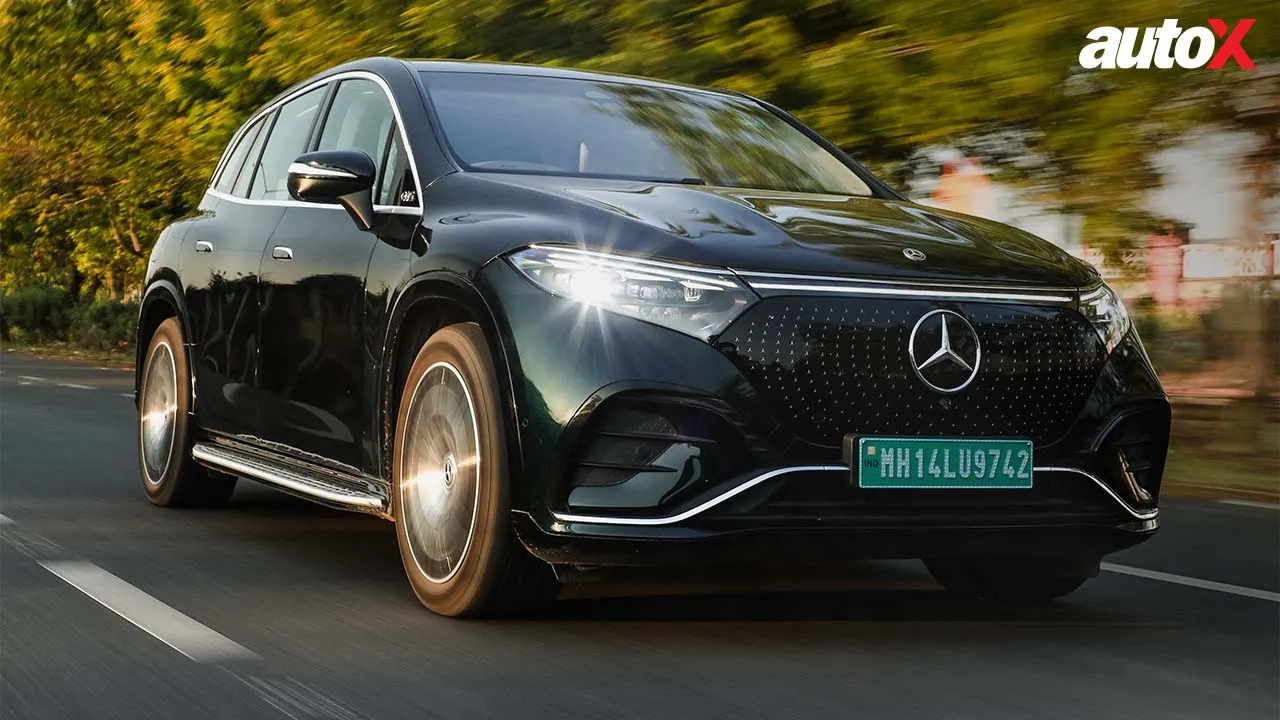

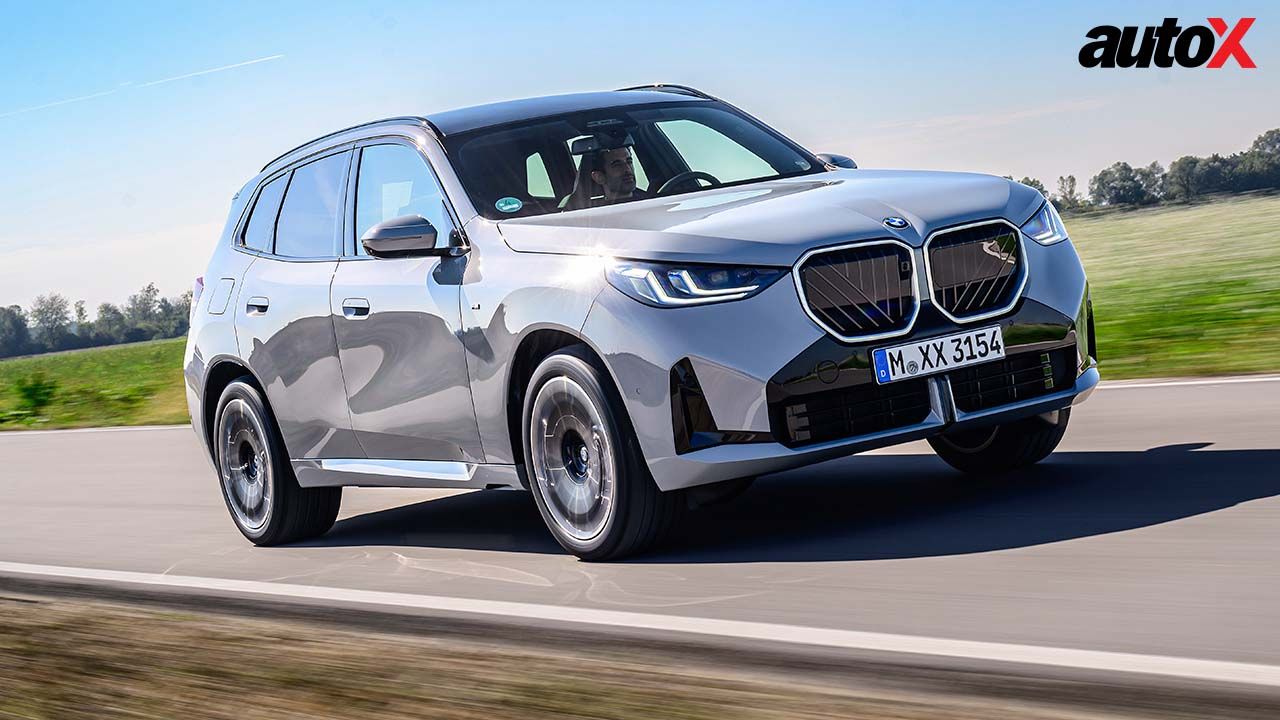

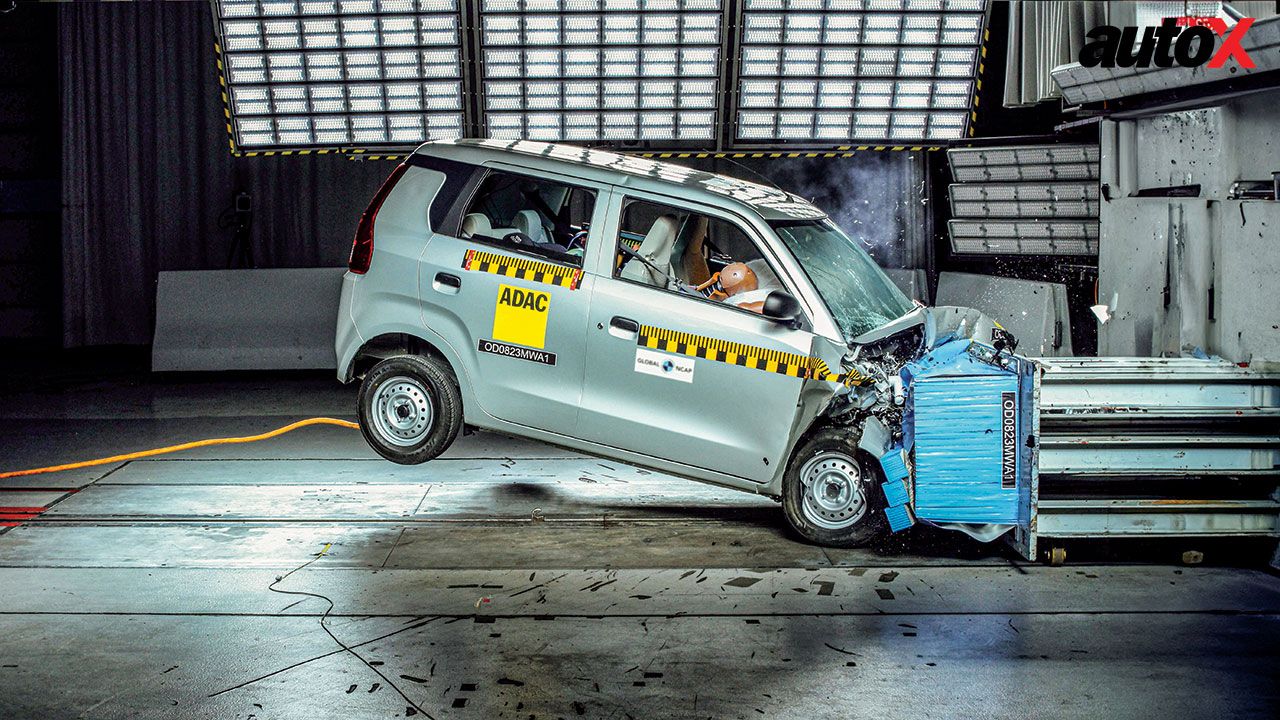

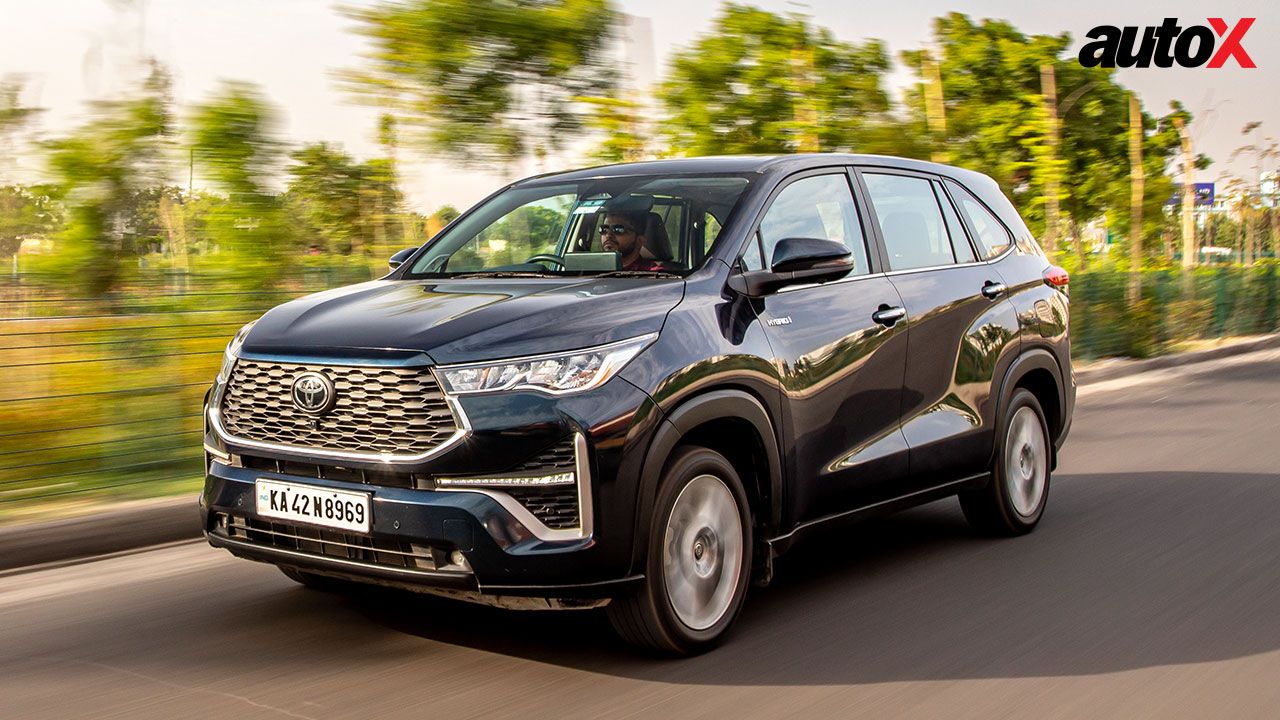

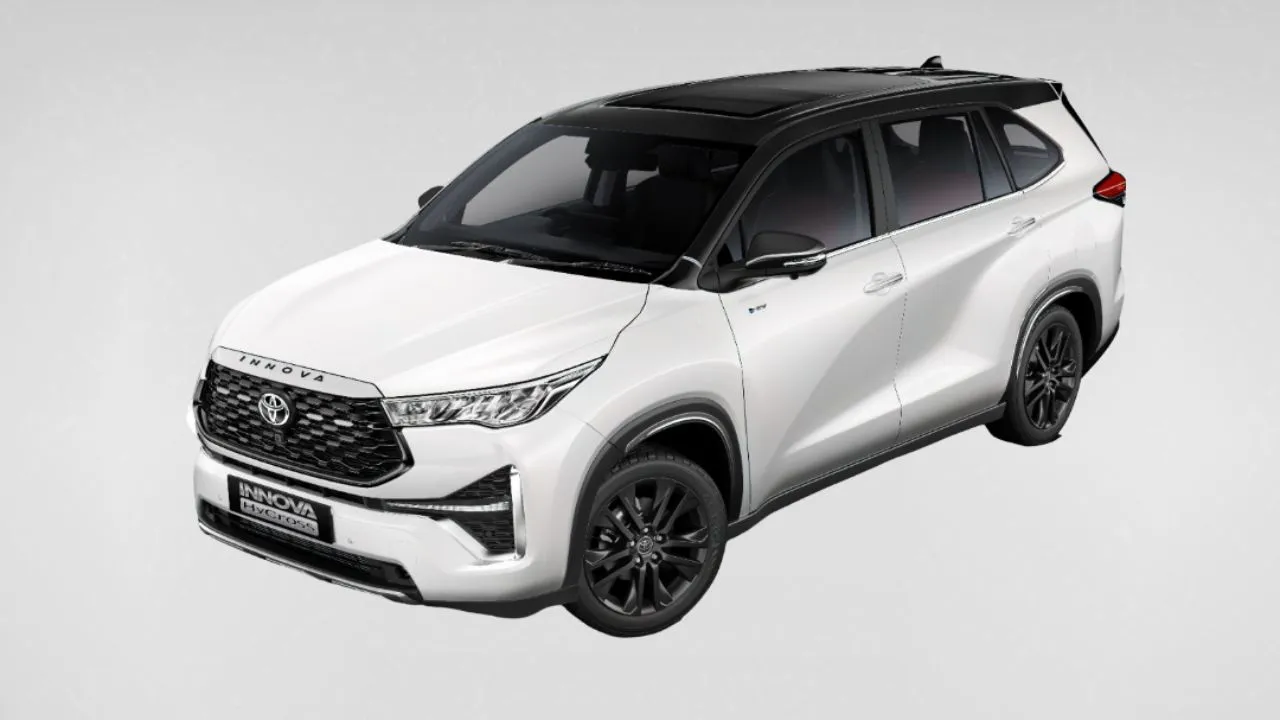
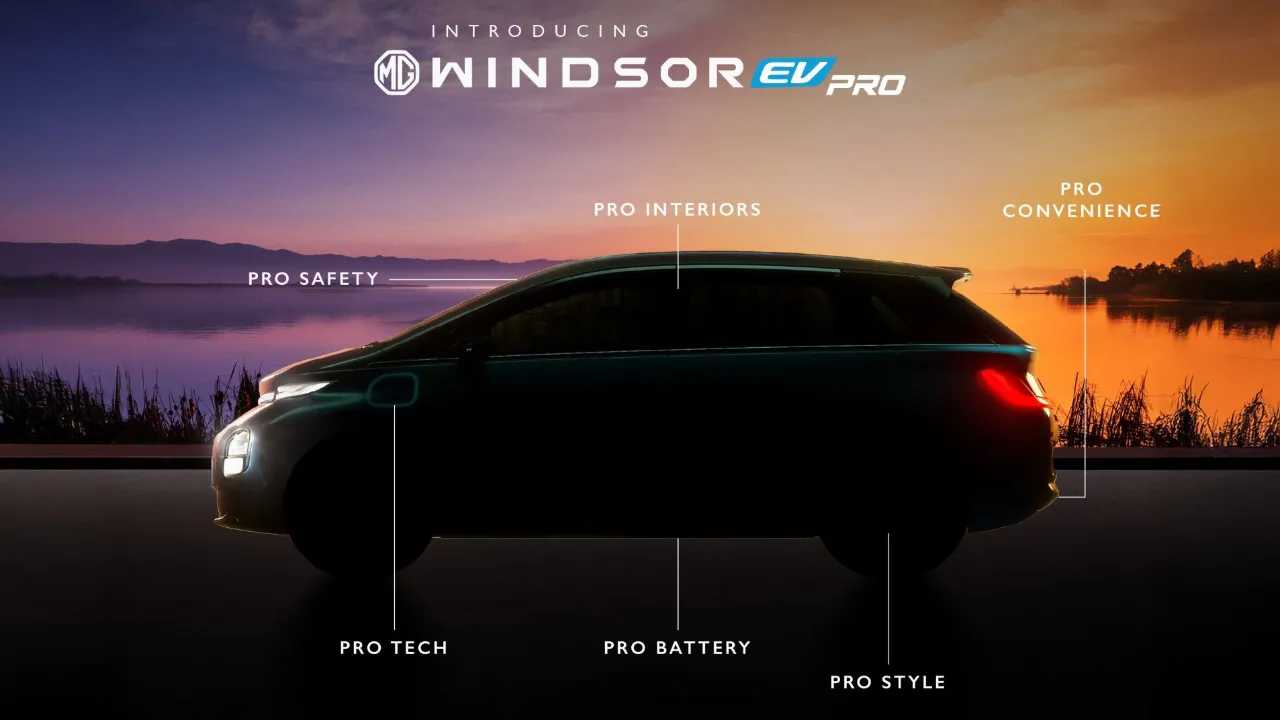
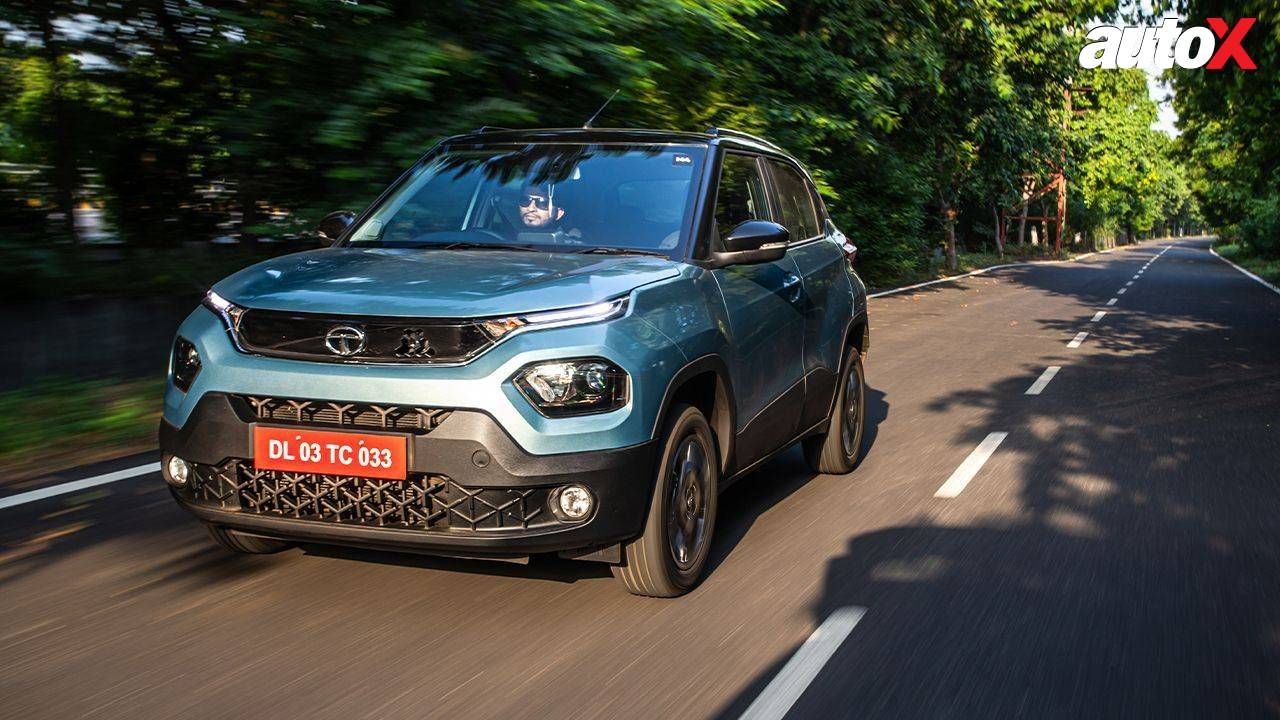
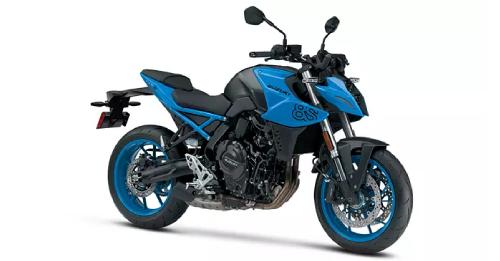
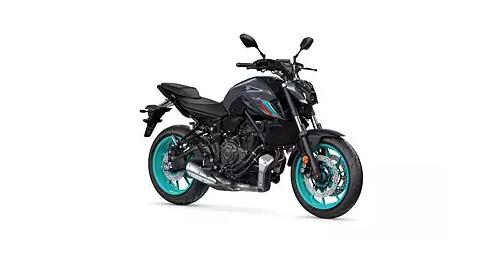
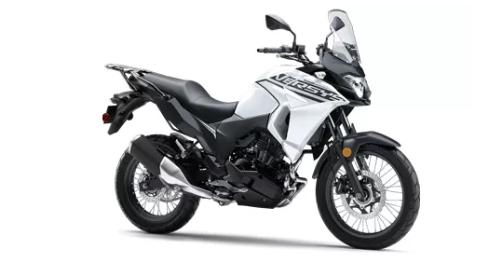
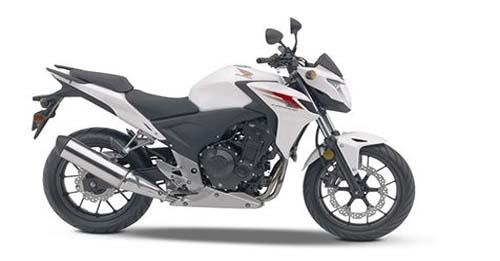
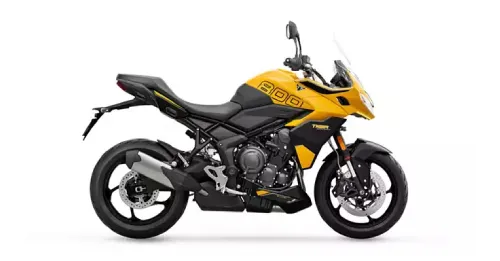









Write your Comment on